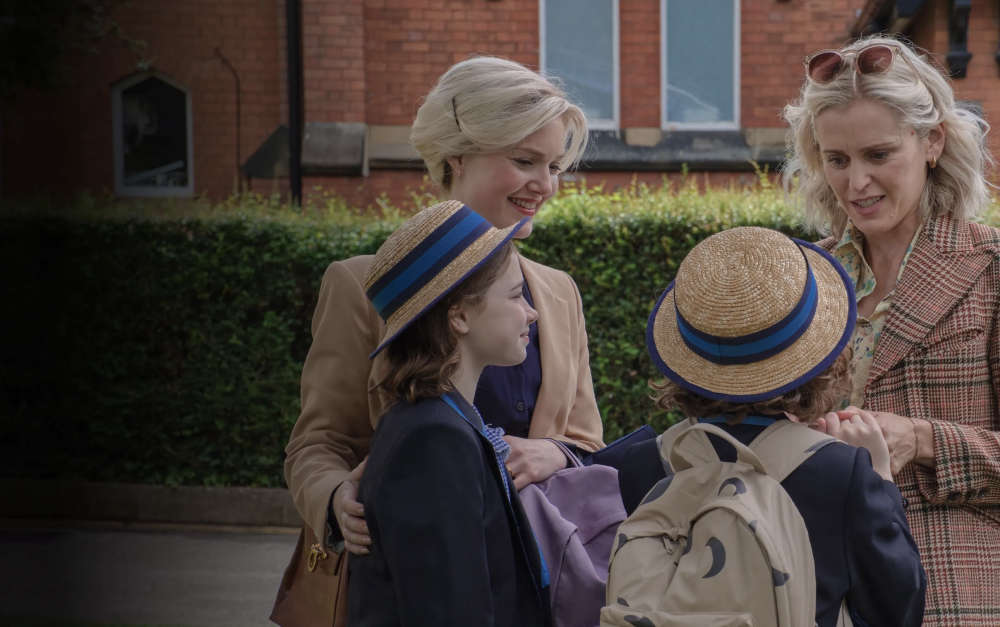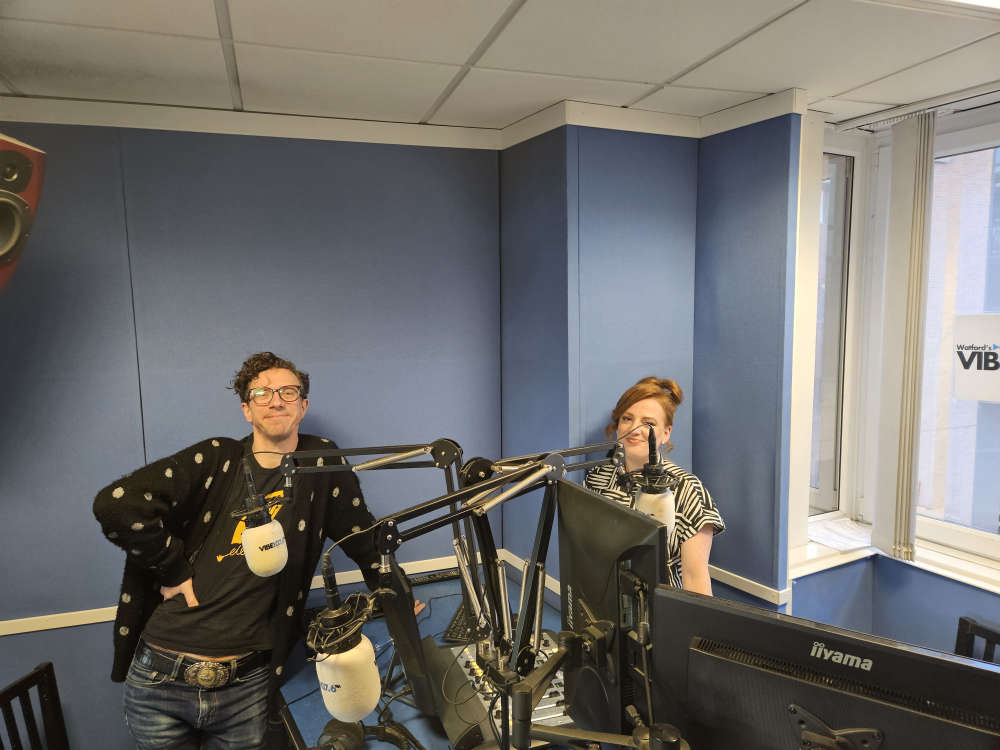Inside an unsuspecting operating theatre at Watford General Hospital, advancements in surgery mean that you might be operated on by a robot.
The incredible technology, when in the capable hands of specialist surgeon Vanash Patel and his team, has been used on around 360 patients since it was introduced less than two years ago, with that number expected to rise to 750 a year.
One of the main benefits is that it can dramatically reduce the recovery period, with patients staying in hospital for just two days after an operation, instead of five days before the programme began. This is because the surgery method is less invasive and more precise which leads to less blood loss.
West Hertfordshire Teaching Hospitals NHS Trust bought two Versius robots in 2022 and has now invested in two more. One of the robots has a dual surgeon console, which allows surgical trainees to gain hands-on experience in robotic-assisted surgery alongside an experienced surgeon. This will help patients across four surgical specialities: colorectal surgery, upper gastrointestinal surgery, gynaecology and urology.
Operations completed using the robots are also recorded and can be viewed on an app, which is particularly helpful for training.
Vanash Patel, leader of the robotics programme, said: “When we bought the robots, we had a flurry of applicants and we managed to recruit two high quality surgeons that have been trained within our area. It's so expensive to have waiting lists, for example, people are waiting for gallbladder operations and having infections and bouncing in and out of hospital - that costs a lot of money. We’ve managed to get rid of all that and that’s purely because we bought some robots.
“These systems will get more and more sophisticated because of the data we’re getting back from them. When you’re doing a normal operation, there’s no data we can pull about the way you’re operating, but these systems measure all of it, and that data is probably more valuable than the robotic system itself. I think we’ll get to a stage where because there will be so much data, parts of the operation may be able to be done autonomously.”
In some cases, after being released from hospital, patients can be monitored by the Trust’s ‘virtual hospital’, which allows them to be monitored remotely from their own homes using specialist technology, by a team of medical professionals.
Between April 2023 and February 2024, in collaboration with West Herts’ delivery partner Central London Community Healthcare Trust, 5,000 patients were treated via the virtual hospital, saving an estimated 4,500 bed days.
Ginny St John Glew, a patient whose operation was done by one of the robots, and then had post-operation care via the Trust’s virtual hospital, said: “I could go home after just two days, as the robotic keyhole surgery meant I had much smaller wounds, and I was able to do my own observations. I had daily phone calls from the virtual hospital team, the surgeon’s registrar and regular calls from the specialist recovery nurse.”
Overall, the robotics programme and the virtual hospital is resulting in better patient experiences, keeping down costs and helping reduce very long waiting lists for operations.
Above: video showing one of the robots in action in a training exercise. Credit: Yana Trup


 The Top Five Films and TV Shows to Watch this Week (13th - 18th April 2025)
The Top Five Films and TV Shows to Watch this Week (13th - 18th April 2025)
 The Top Five Films and TV Shows to Watch this Week (7th - 11th April 2025)
The Top Five Films and TV Shows to Watch this Week (7th - 11th April 2025)
 Claire Chats To Tom Billington of Electric Umbrella Following Golden Buzzer Moment
Claire Chats To Tom Billington of Electric Umbrella Following Golden Buzzer Moment
 Pump House Theatre Company Watford presents the updated 1990s version of John Godber’s ‘Bouncers’
Pump House Theatre Company Watford presents the updated 1990s version of John Godber’s ‘Bouncers’
 Vibe 107.6 FM announces exciting new sponsorship with Watford Town Centre Bid
Vibe 107.6 FM announces exciting new sponsorship with Watford Town Centre Bid
 The Top Five Films and TV Shows to Watch this Week (31st March - 4th April 2025)
The Top Five Films and TV Shows to Watch this Week (31st March - 4th April 2025)

